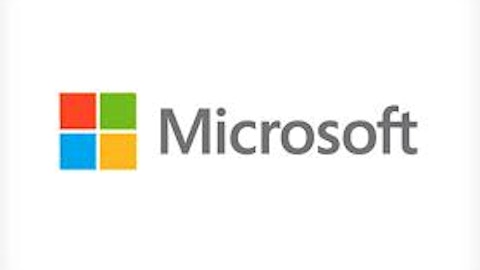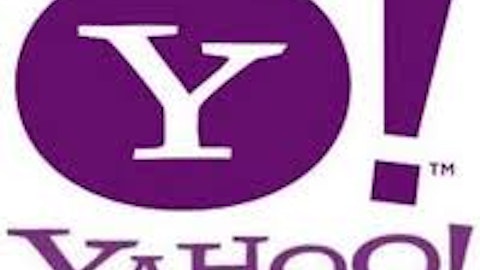Apple executives countered that the main company has kept the rights for North and South America, so only royalties for overseas sales flow to the Irish subsidiaries. Also, the Irish companies pay for some of research and development costs incurred at Apple’s headquarters in Cupertino, Calif.
“What Apple is doing is pretty mainstream,” said accounting expert Robert Willens, in an interview. Shifting around the intellectual property rights has a minor effect compared to the simple avoidance of U.S. taxes by not repatriating profits, he said.
The spotlight on Apple Inc. (NASDAQ:AAPL)’s tax strategy comes at a time of fevered debate in Washington over whether and how to raise revenues to help reduce the federal deficit. Many Democrats complain that the government is missing out on billions of dollars because companies are stashing profits abroad and avoiding taxes. Republicans want to cut the corporate tax rate of 35 percent and ease the tax burden on money that U.S. companies make abroad. They say the move would encourage companies to invest at home.
While the two parties agree that reform is necessary, there is little agreement about what shape it would take. Throughout the hearing, senators on the panel seized on Apple’s situation to illustrate their belief that the U.S. tax system is in dire need of repair.
White House spokesman Jay Carney said the issue highlighted by the Senate panel’s report, unfairness in the U.S. tax code, is one of long-standing concern to President Barack Obama. Carney said Obama has long favored proposals “to ensure that American companies cannot use off-shore profit shifting to avoid paying taxes,” including a proposal for a minimum tax on foreign earnings.
“This has been a major priority of his because he thinks it is inexplicable that our tax code would actually be written in a way that rewards companies for taking jobs and profits offshore, and thereby penalizes companies for doing what we want them to do, which is create jobs and opportunity here in the United States,” Carney said Tuesday.
Thanks largely to the iPhone, Apple is one of the world’s most profitable companies. It earned $41.7 billion in calendar year 2012. It’s neck and neck with Exxon Mobil Corporation (NYSE:XOM) as the world’s most valuable company.
However, Apple’s Irish subsidiaries date back thirty years, to the time when the Macintosh computer was Apple’s banner product, and its profits were a fraction of 1 percent of today’s figure.
Apple’s stock fell $2.74, or less than one percent, to $440.19 in Tuesday’s afternoon trading.
The subcommittee also has examined the tax strategies of Microsoft Corporation (NASDAQ:MSFT), Hewlett-Packard Company (NYSE:HPQ), and other multinational companies, finding that they too have avoided billions in U.S. taxes by shifting profits offshore and exploiting weak, ambiguous sections of the tax code. Microsoft Corporation (NASDAQ:MSFT) has used “aggressive” transactions to shift assets to subsidiaries in Puerto Rico, Ireland, and Singapore, in part to avoid taxes. Hewlett-Packard Company (NYSE:HPQ) has used complex offshore loan transactions worth billions while using the money to run its U.S. operations, according to the panel.



